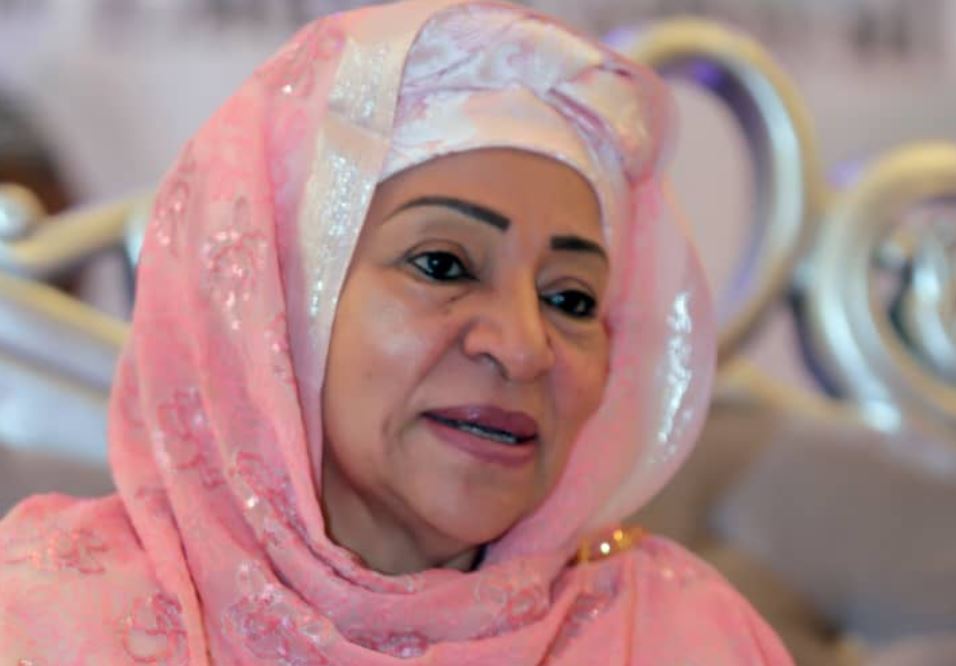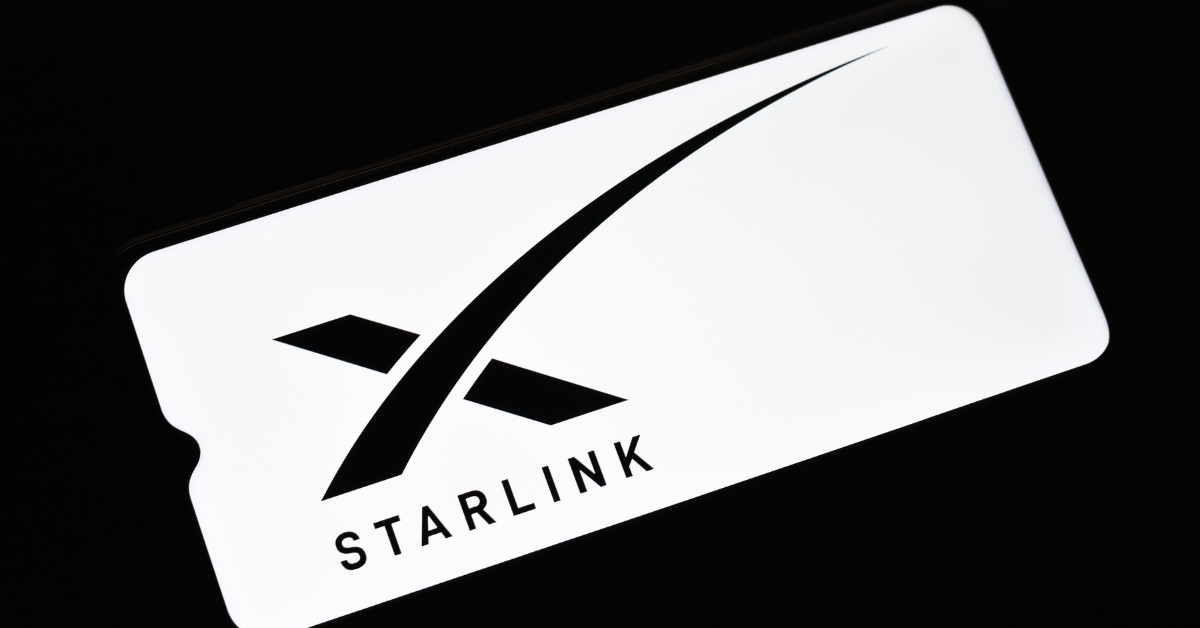Why young Kenyans should use social media responsibly

Kenyans, we hold a remarkable title: the world’s top users of social media. According to the Digital 2024 Report, we spend an average of 3 hours and 43 minutes daily on platforms like X, Instagram, and TikTok. This is not just a statistic, it is a badge of honour. It shows we have electricity, affordable internet and smartphones within reach. It proves we enjoy a freedom of speech that lets us speak our minds and join global conversations. From the bustling streets of Nairobi to the quiet villages upcountry, we are connected, vocal and extremely powerful.
But there is a catch: With great power comes great responsibility. Social media is the most incredible tool humanity has ever created. It can lift us up, open doors and change lives. Or, it can trip us up and haunt us for years to come. The choice is ours, especially for our youth, who are shaping their futures one post at a time.
Think of social media as a tool, such as a kitchen knife or a motor vehicle. A knife chops vegetables to feed a family, but in careless hands, it cuts deep. A car takes us to work or school, yet misuse turns it into a danger on the road. Yet those same tools can maim, maul and destroy when misused, sometimes unintentionally, sometimes with malice.
Social media is no different. It is a game-changer, our modern-day equivalent of the sharpened stones that propelled early humanity forward. Through it, we have drawn global attention to injustices, rallied for change, and made KOX (Kenyans On X) a force that our local politicians, and even world leaders, cannot ignore.
Yet, too often, we let this tool slip into something darker. Online discourse can slide from passionate debate and degrade conversations into insults, bullying and harassment. We have all seen it: a disagreement turns personal, a joke becomes a jab and suddenly, dignity is lost in the furious exchanges. Issue‑based dialogue descends into personal attacks, tribal slurs, gender‑based harassment and threats of violence. Policing millions of posts is neither practical nor desirable. It is not that we lack laws, our police have bigger battles to fight than chasing every anonymous troll. The real issue is us. We hold the power to decide whether this tool builds or destroys.
I wish to share an example. The visa process for the US now includes deeper social media vetting, checking your posts, your handles and your digital trail, to gauge if you are a risk. In particular, the US State Department has instructed embassies and consulates around the world to pause new student visa appointments as it moves to expand social media screening and vetting to all applicants for student visas. Other countries are catching on, and within the world, immigration agencies often share notes. One careless comment could bar you from entry into a country where you are chasing a life-changing opportunity.
Do not let online outbursts lock those doors before you even knock. As global migration tightens, many nations coordinate to share persona non grata lists, meaning missteps in one jurisdiction can close doors everywhere.
To be young today is to inherit boundless opportunity, and also, boundless risk. You may believe that a flippant post or a cheeky meme will vanish with time, or that you will never apply to be a judge, need a US visa, a post‑graduate scholarship in Europe or a leadership role at a multinational headquartered in Tanzania. But who you are at 18 or 28 is not who you will be at 38 or 48. Maturity reshapes perspectives, ambitions evolve and mistakes recede. Yet the internet never forgets.
Imagine a promising graduate denied a regional CEO role because of an inappropriate tweet made during her first year at university. Or a young entrepreneur barred from pitching to global investors after past online vitriol against a foreign head of state comes to light. These scenarios are not hypothetical, they are the unintended consequences of digital carelessness.
And do not count on hiding. Anonymity is a myth in this digital age. Security agencies and data firms can trace every click, every post, back to you. Your choices today could limit you and your family’s opportunities tomorrow. That is not fearmongering, it is reality.
However, there is an exciting part: Social media is not just a minefield, it is a goldmine. It is the most powerful tool in human history, and it is in your hands. With it, you can message a world leader, learn a skill or spark an ethical movement. Why waste it on petty feuds when you could use it to grow, connect and inspire?
Imagine using these platforms to raise awareness about global, regional and local issues that matter, clean politics, justice and equality. Picture networking with innovators across the globe or showcasing your talents to a worldwide audience. Protest if you must, our democracy thrives on it, but do it with dignity and purpose. Furthermore, choose your battles wisely, knowing the world does not always see through our lens as Kenyans.
What is a fiery argument here might be a red flag elsewhere. My fellow brothers and sisters, this is not about silencing you. It is about empowering you. Use social media to build a legacy you will be proud of, a digital story that opens doors, not slams them shut. We are at a crossroads. Social media can be our ladder to greatness or a trap we will regret.
For our youth, it is more than a pastime, it is a mirror of who you are and who you will become. And trust me, people in the future will judge you viciously because of your online persona. Every post is a brick in the foundation of your future.
So, let us wield this tool with care and purpose. Think before you type: “Will this reflect the me I want to be?” Use it to learn, to uplift, to create and to network. Be the generation that shows the world what Kenya can do when we harness our voice for good. The consequences of today echo into tomorrow, so make them echoes of pride, not regret.
Stay informed. Subscribe to our newsletter










